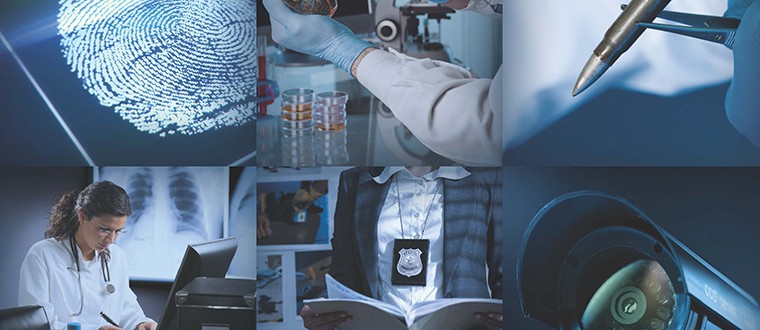
When Science Comes to Court: Self-Study Course on Forensic Evidence
Days
Course Location
Online
The decision about whether forensic evidence is admitted rests squarely on the shoulders of the judge presiding over the case. Judges must be intimately familiar with the rules of evidence and whether evidence is admitted or received for a limited purpose (including how to instruct if a jury trial). This self-study course uses an all-too-real, yet hypothetical, criminal case to give judges greater confidence ruling on issues of admitting experts and evidence.
During this course, you will learn to:
- Contemplate the different objectives of law and science.
- Evaluate and apply general evidentiary rules on the admissibility of forensic evidence.
- Embrace the significant role that judges play at the intersection of law and science.
- Identify substantive scientific issues that arise in a variety of forensic disciplines.
- Relate those substantive scientific issues to the criteria for admissibility set forth by tests such as those announced in Daubert and Frye.
- Describe the distinct roles for judge and jury in assessing proffered expert evidence, with the former responsible for determining admissibility and the latter for assessing weight.
- Appreciate and exercise the judge’s role as gatekeeper.
- Be sensitive to the various ethical issues that judges face in and out of court in cases involving forensic and scientific evidence.

The decision about whether forensic evidence is admitted rests squarely on the shoulders of the judge presiding over the case. Judges must be intimately familiar with the rules of evidence and whether evidence is admitted or received for a limited purpose (including how to instruct if a jury trial). This self-study course uses an all-too-real, yet hypothetical, criminal case to give judges greater confidence ruling on issues of admitting experts and evidence.